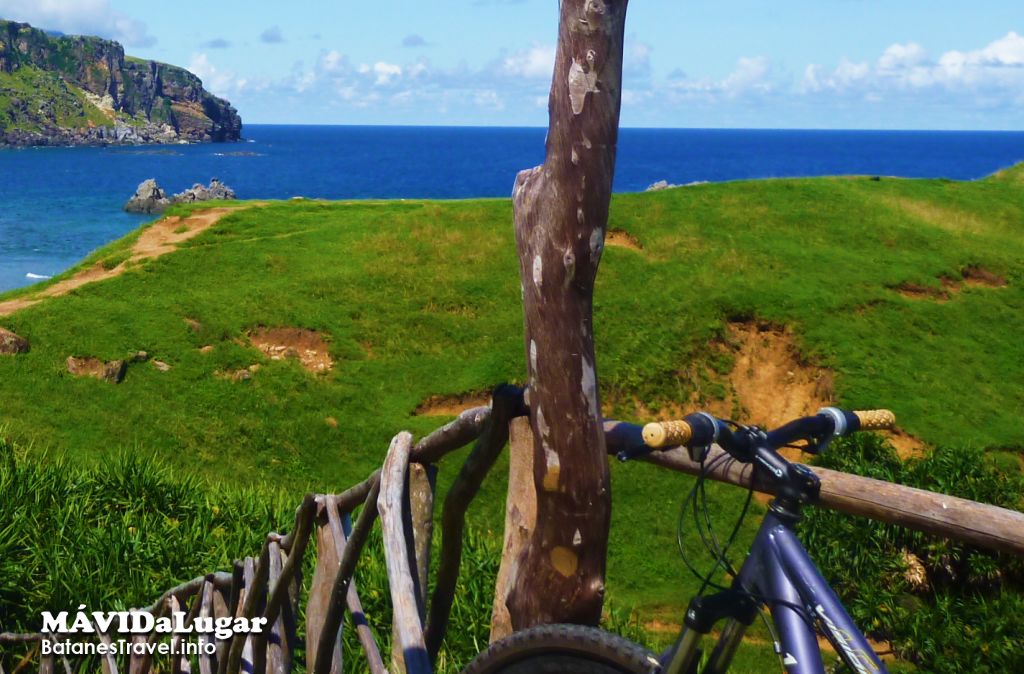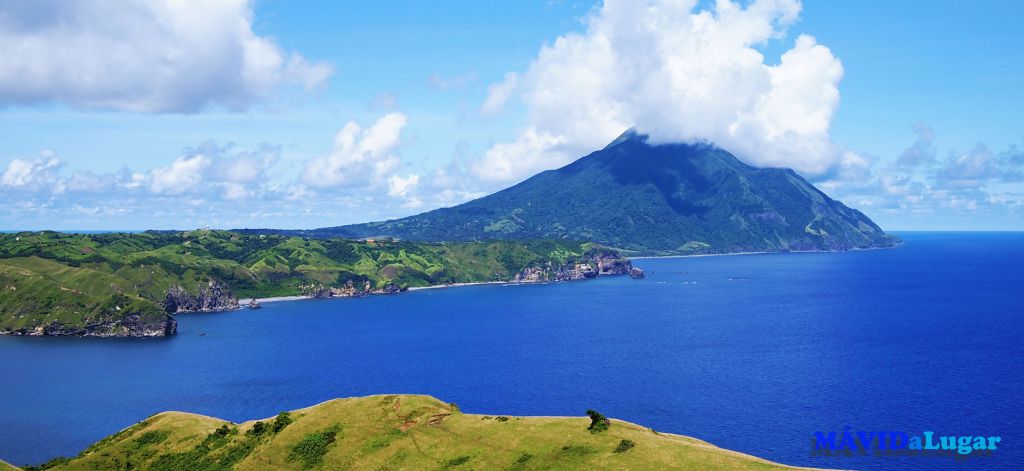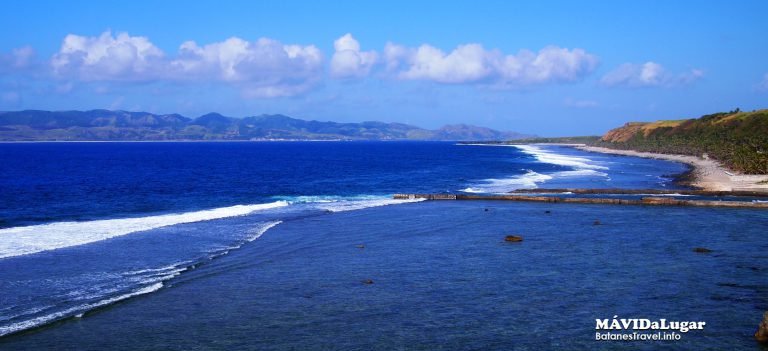Why You Should Go Around Batanes by Bicycle
Why You Should Go Around Batanes by Bicycle The best way to go around Batanes is by bicycle. You’ll appreciate the views better, it’s good for your health, good for Mother Earth, budget-friendly, and best of all — it is fun! Touring Batanes by bicycle is budget-friendly. Renting a vehicle like a van can cost…




